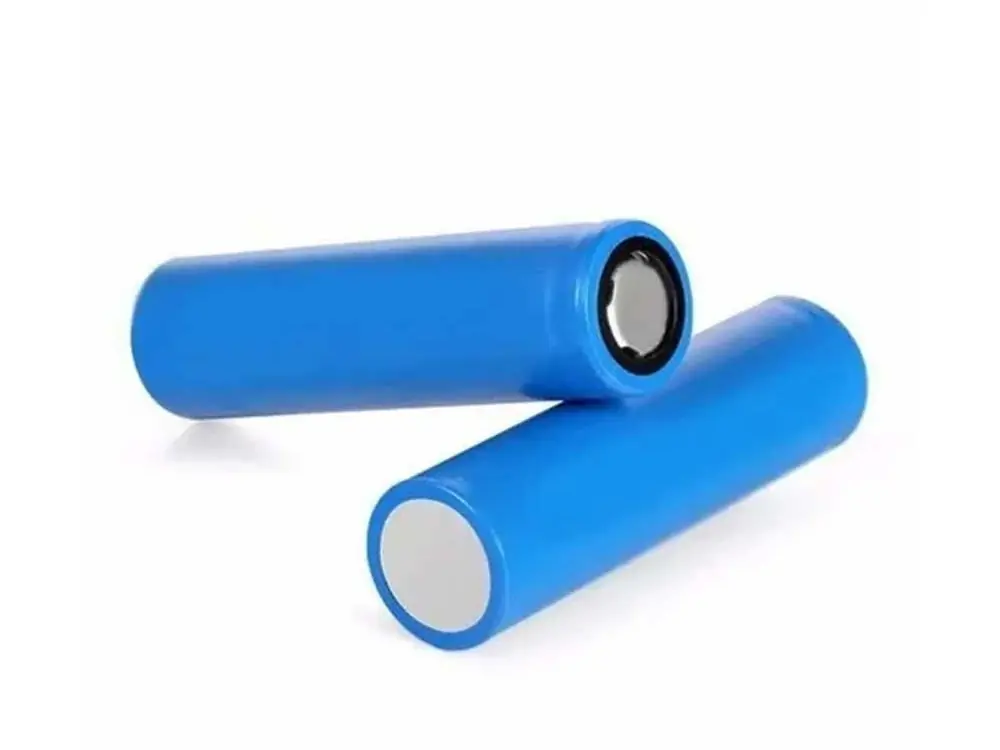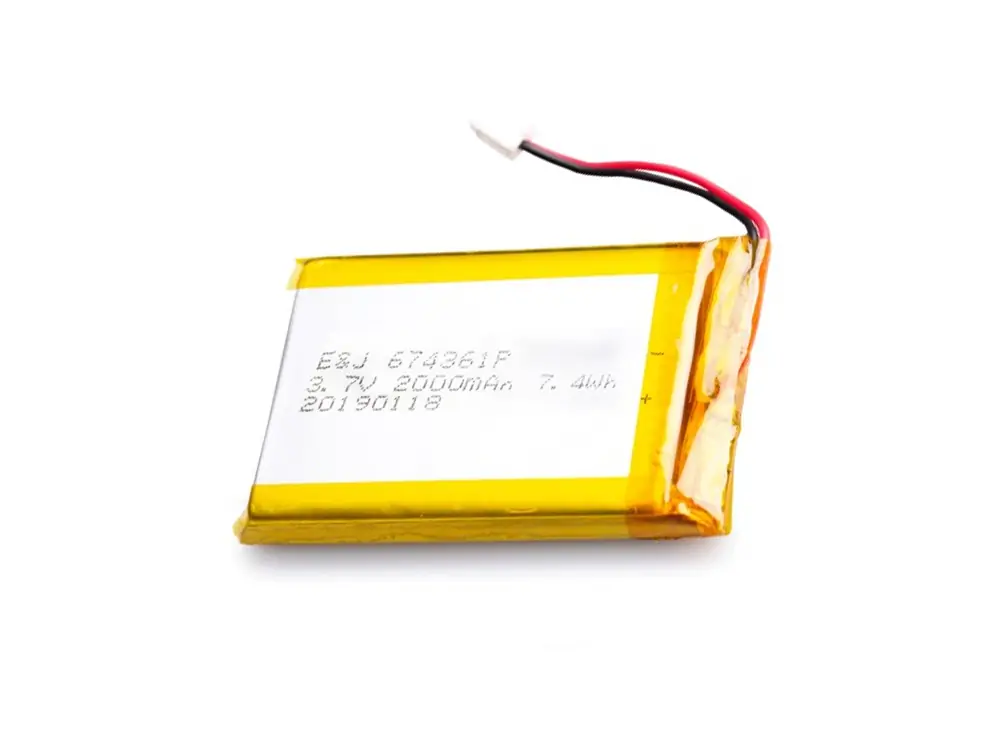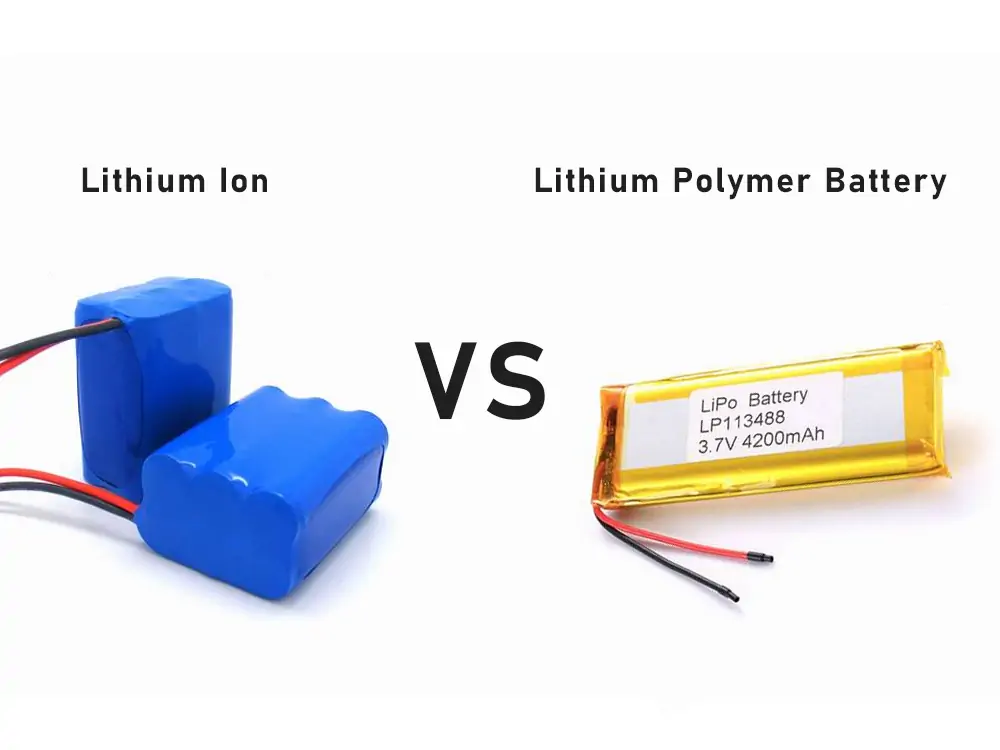We live in a world highly dependent on energy from batteries. Batteries are crucial in everything from small watches to smartphones and automobiles. Li-ion and Li-po batteries are the two main types. However, there are many difference between lithium ion and lithium polymer battery.
Their distinctions go beyond the surface, from usability to design and durability. Their differences make their selection a bit tricky. Newbies especially find themselves lost when making calls between these two. However, fret not! This post will explain these batteries and tell you which is better. So, let’s get started!
Overview of Lithium Ion and Lithium Polymer Battery


Lithium-ion and polymer batteries differ in terms of their composition and designs. Li-ion batteries are rigid, offer better energy density, and are inexpensive. Li-po batteries are expensive but very safe and flexible in design and size. They also vary in terms of the electrolyte.
Both of these batteries offer a unique value proposition. They are masterpieces of the 19th century. Scientists started working on the batteries in the 1960s. The scientists who worked on lithium-ion batteries got Nobel prizes in 2019.
After the success of lithium-ion batteries, Li-po batteries came into commercial existence in 1991. In their early days, both of these batteries had many flaws. However, with the advancement of technology, both of them got better.
For example, lithium-ion batteries are standard in mobile phones and other bigger-sized devices. They are rigid and less versatile. Due to their flexible sizes, lithium polymer batteries are used in small devices. Examples include smart watches, drones, and mini cameras.
Do you know that batteries consist of electrolytes? The charges flow in these electrolytes. These two batteries are no exception. However, they also differ in the type of electrolyte. The Li-ion batteries have liquid electrolytes. On the contrary, the electrolytes of Li-po batteries come with gel-like polymers.
Difference Between Lithium Ion and Lithium Polymer Battery
Did you learn the basic facts about both batteries? Let’s discover the power-packed difference that sets Li-ion and Li-polymer batteries apart.

1- Composition & Electrolytes
Lithium-ion batteries have a cylindrical shape. They consist of liquid electrolytes, which play a vital role in the movement of charges. The electrodes remain dipped in these electrolytes. This fluid or electrolyte is essential as it allows ions movement. These batteries also have robust metal casings that save the inner parts.
The lithium polymer batteries are different in terms of composition. They consist of a polymer gel as electrolytes. This type of electrolyte is dense, and the movement of charges is not very smooth. The electrodes in these batteries remain dipped in emi-solid fluid (gel electrolytes). This electrolyte is also called a polymer matrix.
2- Battery Design & Durability
Lithium-ion batteries have a fixed shape, which is either cylindrical or rectangular. However, lithium polymer batteries are very flexible. They generally come in pouches like casings or bodies. Li-po batteries have flexibility. They can even be slim and super compact.
Do you know that smartwatches use lithium polymer batteries? This application indicates the super flexibility manufacturers can create in such small sizes. They can be made in any shape. However, lithium-ion batteries are limited when it comes to versatility. They can be either cylindrical or rectangular.
It is a fact that both of these are excellent in terms of durability. However, the Li-ion battery a slightly superior option. They offer more charging and discharging before they start to deteriorate. In simple words, these batteries offer more battery cycles. On the flipside, Lithium polymer batteries are slightly compromised in this term.
3- Performance & Energy Density
Another factor that differentiates both batteries is their performance. Lithium-ion batteries have high energy density. They store more energy in less space or volume, and their small sizes carry more energy.
On the flip side, lithium polymer batteries have less energy density. This means that their bigger sizes will contain a small amount of energy. Suppose you have the same size of lithium-ion and polymer batteries. In that case, the lithium-ion battery will have more energy stored in it. This means this battery will offer more power to the device before draining out.
4- Charging Time
Lithium-ion batteries charge faster than lithium-polymer batteries. The primary reason behind this is their electrolyte nature. Lithium-ion batteries come with liquid electrolytes, which let the lithium-ion move easily between the cathode and anode. Such smooth movement improves the charging speed.
Keep in mind the quicker the ion moves, the faster the battery charges. On the flip side, the Li-po batteries come with gel-like polymers used as electrolytes. This electrolyte is semi-solid and does not allow for the smooth movement of lithium ions. Due to this, the charging speed of these batteries is slightly lower.
Keep in mind that some modern batteries charge and discharge very quickly. This is due to the use of modern technology. Moreover, fast chargers are also available in the market. They help make battery charging quick in lithium polymer. However, generally speaking, lithium-ion batteries charge faster and run longer.
5- Safety and Regulation
Lithium-based batteries are thermally sensitive. This applies to all lithium batteries, regardless of their size and type. If you overcharge them, the chances are high that they will get damaged. However, lithium-ion batteries are more sensitive if you compare these two types.
Suppose you keep lithium-ion battery chagrin in place with high temperatures. In such a case, if the batteries are overcharged, they can catch fire or explode. The reason is that the high temperature affects the movement of ions in the electrolyte. However, the lithium polymer batteries do not get fired quickly. Their gel-like polymer is more stable when it comes to getting fire.
Leakage of internal electrolytes is also an added risk in Li-ion batteries. This leakage is uncommon, and you don’t see it every day. However, the leakage issue can be frustrating if the battery undergoes physical damage. However, lithium polymer batteries are more flexible. They consist of cushioning.
This cushion provides extra stability and support. Its flexible design makes it easy to bear physical shocks. Additionally, its semi-solid gel electrolyte flows quickly. These are the reasons that the lithium polymer batteries are safe to use. However, I highly recommend not overcharging both of them.
Quick Tip: Overcharging both of these batteries can affect their charging capacity. They will start to deteriorate and offer low battery charging. Also, the risk of explosion can’t be ignored if you keep overcharging.
6- Cost and Affordability
Many people consider cost to be the primary decision-making factor. Lithium-ion batteries are cost-friendly and readily available in the market. The first reason is that they have simple production processes. Cathodic and anodic materials are cheap and readily available.
Moreover, casing metal and electrolytes for lithium-ion batteries are also cheap. Market demand for these batteries is high, pushing manufacturers to produce more. Most of the Lithium-Ion batteries’ products make them cost-effective. The primary reason behind their low price involves:
- Simple design
- Long life cycle
- Excellent supply in response to demand
On the flip side, lithium polymer batteries are costly. The material for cushioning and electrodes is cost-demanding. Moreover, the versatility of its design is raising its prices. Its production process also involves newer technology and advanced equipment. So, they further increase their prices.
Which is Better: Lithium-Ion Battery or Lithium Polymer Battery?
Both of them are excellent and ideal for customers with different needs. So, If you are seeking a cost-friendly, long life span and high energy density, Li-ion batteries are best. If you are after flexibility, lightweight, or customization, your best option is Li-polymer batteries.
Both batteries offer unique features. On one side, lithium-ion batteries are widely available and durable. Their performance is incredible, and their design is simple. Lithium-ion batteries are prominent and provide a long power duration. Lithium-ion is the best choice if you are considering one for your laptop or electric car.
On the other hand, if you are biased toward wise size and lightweight, LI-PO batteries are the best. This battery offers extra safety and ideal flexibility in size and shape. Remember that lithium batteries are less expensive, which is a big plus.
Frequently Asked Questions
What is the life of a lithium polymer battery?
A standard lithium-ion battery lasts for 300 to 500 charge cycles. After that, its capacity diminishes. This depends heavily on your use. If you use them carefully and don’t overcharge, their life can be increased and vice versa.
Which battery type has a higher energy density?
Lithium-ion batteries have a high energy density. This means they can store energy in a small volume and offer better performance.
Do lithium-ion batteries last longer than LiPo?
Yes, lithium-ion batteries offer a longer life than Li-po batteries. They have a high energy density, so they can charge devices many times. Li-po is slightly compromised in terms of durability.
Do lithium-polymer batteries degrade if not used?
Yes, all the batteries start to degrade when stored without being used. The reaction inside the battery keeps happening. As a result of the reaction, batteries start to lose their energy-holding capacity. As a result, they degrade in terms of their charging capacity.
Conclusion
In the end, lithium-ion batteries are a better option. They are the most common product worldwide, and their prices are relatively lower, which is a big win for them. If you need a small size for your small gadget, Li-po batteries are the option.
Each battery has unique features. The selection process comes down to individual needs and personal likings. I hope this guide clarifies any confusion about these two battery types.
